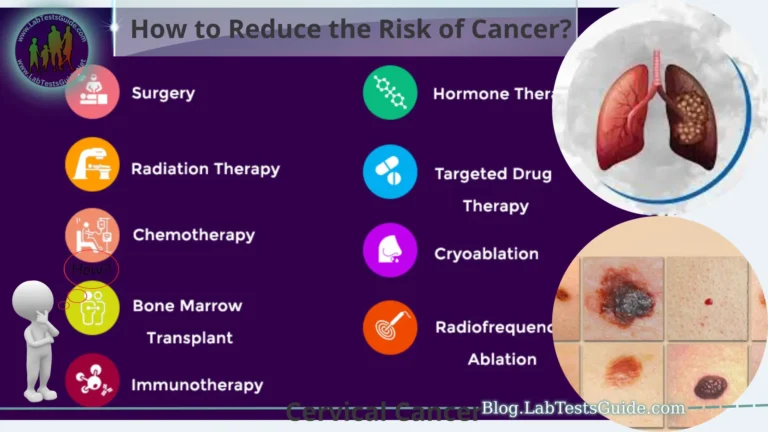Immune System Boosting Strategies: The immune system is a complex network of cells, tissues, and organs that work together to protect the body from infection. When the immune system is working properly, it can identify and destroy harmful bacteria, viruses, and other pathogens.

What is the immune system?
The immune system is made up of two main parts: the innate immune system and the adaptive immune system.
- The innate immune system is the body’s first line of defense against infection. It includes physical barriers, such as the skin and mucous membranes, as well as immune cells, such as macrophages and neutrophils, that can engulf and destroy harmful pathogens.
- The adaptive immune system is the body’s second line of defense against infection. It is activated when the innate immune system is unable to clear an infection. The adaptive immune system produces antibodies, which can bind to and neutralize specific pathogens.
How does the immune system work?
The immune system works by recognizing and destroying harmful pathogens. When a pathogen enters the body, the immune system mounts an immune response. This response includes a variety of steps, including.
- Detection: The immune system must first detect the pathogen. This is done by immune cells, such as macrophages and dendritic cells, which can recognize and engulf harmful pathogens.
- Inflammation: Once the pathogen has been detected, the immune system releases inflammatory chemicals. These chemicals cause redness, swelling, and pain at the site of infection. Inflammation helps to recruit immune cells to the site of infection and to destroy the pathogen.
- Antibodies: The immune system also produces antibodies, which are proteins that can bind to and neutralize specific pathogens. Antibodies can help to prevent pathogens from infecting cells or to help the immune system clear an infection.
- Memory: The immune system remembers the pathogens that it has previously encountered.
This allows the immune system to mount a more rapid and effective immune response if the same pathogen is encountered again.
How to boost your immune system:
There are a number of things you can do to boost your immune system and help your body fight off infection. These include.
- Eat a healthy diet: A healthy diet includes plenty of fruits, vegetables, and whole grains. These foods are a good source of vitamins, minerals, and antioxidants, which are all important for immune function.
- Exercise regularly: Exercise helps to improve circulation and boost the production of white blood cells, which are important for fighting infection.
- Get enough sleep: Sleep is essential for immune function. When you don’t get enough sleep, your body is more likely to get sick.
- Manage stress: Stress can weaken the immune system. Find healthy ways to manage stress, such as exercise, relaxation techniques, or spending time with loved ones.
- Get vaccinated: Vaccinations are one of the best ways to protect yourself from infection. Vaccines work by exposing the body to a weakened or inactive form of a virus or bacteria. This helps the body develop immunity to the virus or bacteria, so that you are less likely to get sick if you are exposed to it in the future.
- Avoid smoking and excessive alcohol use: Smoking and excessive alcohol use can weaken the immune system. If you smoke or drink alcohol, quitting or cutting back can help to improve your immune function.
- Practice good hygiene: Good hygiene habits, such as washing your hands frequently and avoiding contact with people who are sick, can help to prevent the spread of infection.
Conclusion:
There are a number of things you can do to boost your immune system and help your body fight off infection. By following the tips in this article, you can improve your overall health and well-being and reduce your risk of getting sick.






